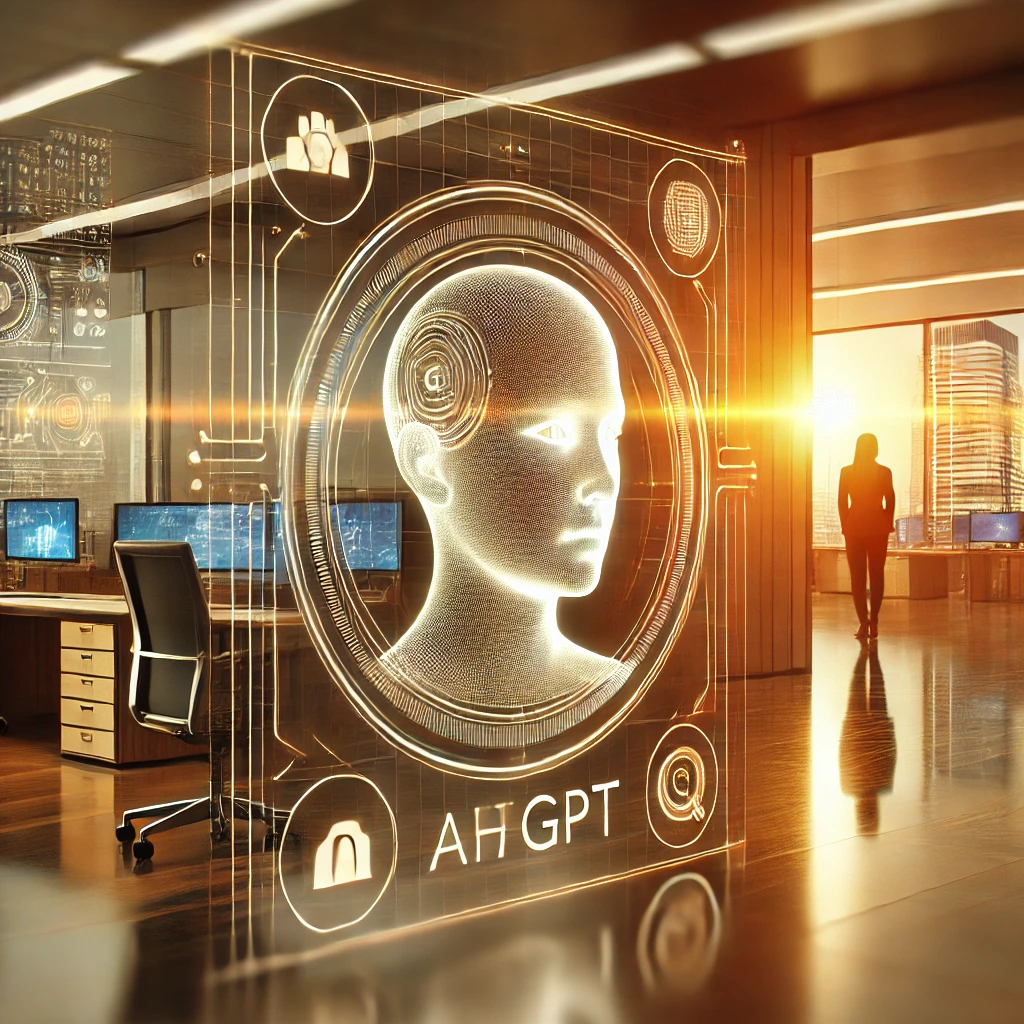Artificial Intelligence has quickly become a hot topic in today’s world, and right at the forefront of these discussions is ChatGPT—an A.I-powered tool that has left people wondering how it works, and most importantly, who owns it? Whether you’re a student using it to brainstorm ideas, a business relying on it for customer support, or just someone curious about its capabilities, knowing who’s behind ChatGPT can give us better insight into where this technology is headed.
Let’s explore who owns ChatGPT, the brains behind its development, and what the future might look like for this groundbreaking A.I technology.
What Exactly Is ChatGPT?
Before we get into ownership, let’s break down what ChatGPT actually is. ChatGPT stands for Generative Pre-trained Transformer, a large-scale A.I language model that can engage in text-based conversations, answer questions, write essays, and even generate creative content. The possibilities seem endless, and its ability to mimic human conversation has impressed many. But behind all this wizardry is an organization that is rapidly becoming a household name in the tech world: OpenA.I.
The Birth of OpenA.I: ChatGPT’s Creators
ChatGPT was created by OpenA.I, a research organization founded in December 2015 by a group of prominent tech figures, including Elon Musk, Sam Altman, Greg Brockman, and a few others. Their vision? To ensure that artificial general intelligence (AGI) benefits all of humanity. From the start, OpenA.I’s mission wasn’t just about creating smart algorithms or complex systems but about ensuring that A.I, when it finally reached its full potential, would be safe and beneficial to society as a whole.
Initially, OpenA.I was structured as a non-profit. However, to fund large-scale research and development projects, OpenA.I decided to form OpenA.I LP, a for-profit arm of the company, while keeping the original non-profit entity in place to govern its core values. This structure allowed the organization to raise money without losing sight of its mission to serve the greater good.
So, Who Owns ChatGPT?
The ownership of ChatGPT isn’t tied to a single individual or company—it’s more of a shared, collaborative effort. OpenA.I owns ChatGPT, but OpenA.I itself is owned and funded by a blend of public and private stakeholders. So, it’s not just one entity pulling the strings.
Let’s break it down further:
- OpenA.I LP (for-profit): This is the arm of OpenA.I that controls the development of A.I products, including ChatGPT. Investors and partners, such as Microsoft, fund this segment. Microsoft’s involvement is significant because, in 2019, they invested a whopping $1 billion into OpenA.I. This partnership has only grown stronger over time, with Microsoft committing even more resources to support OpenA.I’s research.
- OpenA.I Non-Profit: This entity holds the responsibility for ensuring that OpenA.I’s development aligns with ethical guidelines and doesn’t stray too far from its initial mission of benefiting humanity.
What Role Does Microsoft Play?
When it comes to ChatGPT’s development and scaling, Microsoft has been one of the biggest players. Thanks to their multi-billion-dollar investment, Microsoft now has the exclusive rights to offer OpenA.I’s services through their Azure cloud platform. Essentially, if businesses want to use the advanced A.I models developed by OpenA.I, they have to go through Microsoft Azure.
This partnership works well for both sides: Microsoft gets access to cutting-edge A.I models that it can integrate into its suite of products like Microsoft Word and Excel under the name Copilot, and OpenA.I gets the infrastructure and resources it needs to keep pushing the boundaries of A.I.
The Future of A.I and Ownership: Should We Be Concerned?
Now that we know who owns ChatGPT, the next question is: what does the future hold? Will these partnerships help accelerate the development of artificial intelligence in a good way, or is there a risk that a few powerful companies could control the future of A.I?
As more companies race to develop their own A.I technologies, the line between public benefit and corporate control could become blurred. OpenA.I has often spoken about its mission to create AGI that is both beneficial and safe, but having private entities, especially big corporations like Microsoft, heavily involved could lead to concerns. Could A.I development become monopolized? And if so, who gets to decide how these technologies are used?
The transparency of OpenA.I’s structure, and the involvement of its non-profit arm, suggests they’re keeping an eye on the bigger picture. However, as A.I becomes more embedded in everyday life, these concerns will likely grow louder.
For further insights into the ethics of A.I development and its broader implications, you can explore Scribbr’s guide on ethical A.I considerations.
The Ethical Question: Is Anyone Really in Control?
Ownership is only one part of the A.I puzzle. The ethical use of artificial intelligence is just as important. Who ensures that A.I won’t be misused or developed in a way that harms society? OpenA.I has often said it’s committed to transparency, but at the end of the day, its dual structure—part non-profit and part for-profit—raises questions about potential conflicts of interest.
Still, OpenA.I’s development has remained largely open, meaning it’s continuously inviting feedback and involvement from the tech community and ethical researchers. As ChatGPT and other A.I models continue to evolve, ensuring that these technologies benefit society remains at the core of OpenA.I’s goals.
Conclusion: A Collaborative Effort
So, who owns ChatGPT? While OpenA.I is the creator, the real answer is a bit more complex. It’s a hybrid model involving both public and private investments. Microsoft plays a crucial role in providing resources, but the ultimate goal remains with OpenA.I’s non-profit mission: to ensure that A.I benefits all of humanity, not just a select few.
As A.I continues to advance and become an integral part of our lives, keeping an eye on who controls the technology will be just as important as the technology itself.




